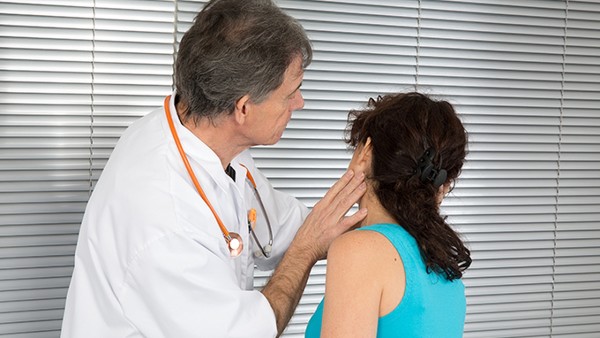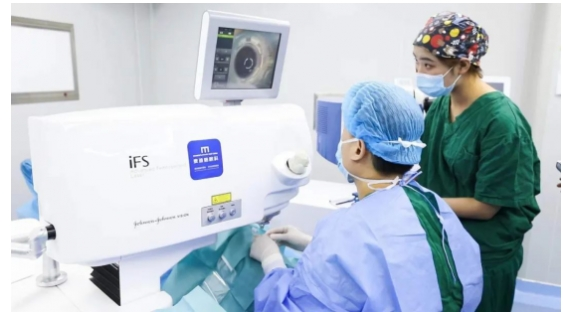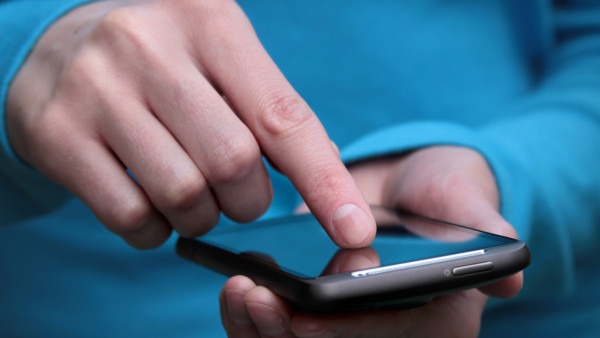How to Speed Up the Recovery of Conjunctivitis

Conjunctivitis, commonly known as pink eye, is a common eye infection that can be caused by bacteria or viruses. It is characterized by inflammation of the conjunctiva, the clear membrane that covers the white part of the eye and lines the eyelid.
Conjunctivitis can be a nuisance, but it is usually not a serious condition. However, it can be contagious, so it is important to take steps to prevent its spread.
Symptoms of Conjunctivitis
The symptoms of conjunctivitis can vary depending on the cause. Bacterial conjunctivitis is typically caused by Staphylococcus aureus or Streptococcus pneumoniae bacteria. Viral conjunctivitis is typically caused by adenoviruses.
Common symptoms of conjunctivitis include:
Redness of the eye
Swelling of the conjunctiva
Tearing
Itching
Burning
Discharge from the eye
Sensitivity to light
Treatment of Conjunctivitis
The treatment of conjunctivitis depends on the cause. Bacterial conjunctivitis is typically treated with antibiotic eye drops or ointment. Viral conjunctivitis is usually treated with antiviral eye drops or ointment.
In most cases, conjunctivitis will resolve within a few days or weeks. However, there are some things you can do to speed up the recovery process.
How to Speed Up the Recovery of Conjunctivitis
Here are some tips on how to speed up the recovery of conjunctivitis:
Use a cold compress. Applying a cold compress to your eye can help to reduce inflammation and pain. Soak a clean washcloth in cold water and apply it to your closed eye for 10-15 minutes at a time. Repeat as often as needed.
Take over-the-counter pain relievers. Over-the-counter pain relievers, such as ibuprofen or acetaminophen, can help to relieve pain and inflammation. Follow the directions on the package for dosage and frequency.
Use artificial tears. Artificial tears can help to lubricate the eye and reduce irritation. Use artificial tears as often as needed.
Get plenty of rest. Rest is important for the healing process. Get plenty of sleep and avoid activities that put strain on your eyes.
Wash your hands frequently. Washing your hands frequently can help to prevent the spread of infection. Wash your hands with soap and water for at least 20 seconds, especially after touching your eyes.
Avoid sharing personal items. Sharing personal items, such as towels, washcloths, and eye makeup, can spread infection. Avoid sharing personal items with others, and wash your own personal items frequently.
When to See a Doctor
See a doctor if your symptoms do not improve within a few days or if you have any of the following symptoms:
Severe pain
Vision changes
Discharge from the eye that is thick or yellow
Sensitivity to light
Fever
Headache
Nausea and vomiting
These symptoms could be a sign of a more serious eye infection or underlying medical condition.
The above is all the content that the editor wants to share with you. I sincerely hope that these contents can bring some help to your life and health, and I also wish that your life will be happier and happier.
Topic: #speed #up #how










